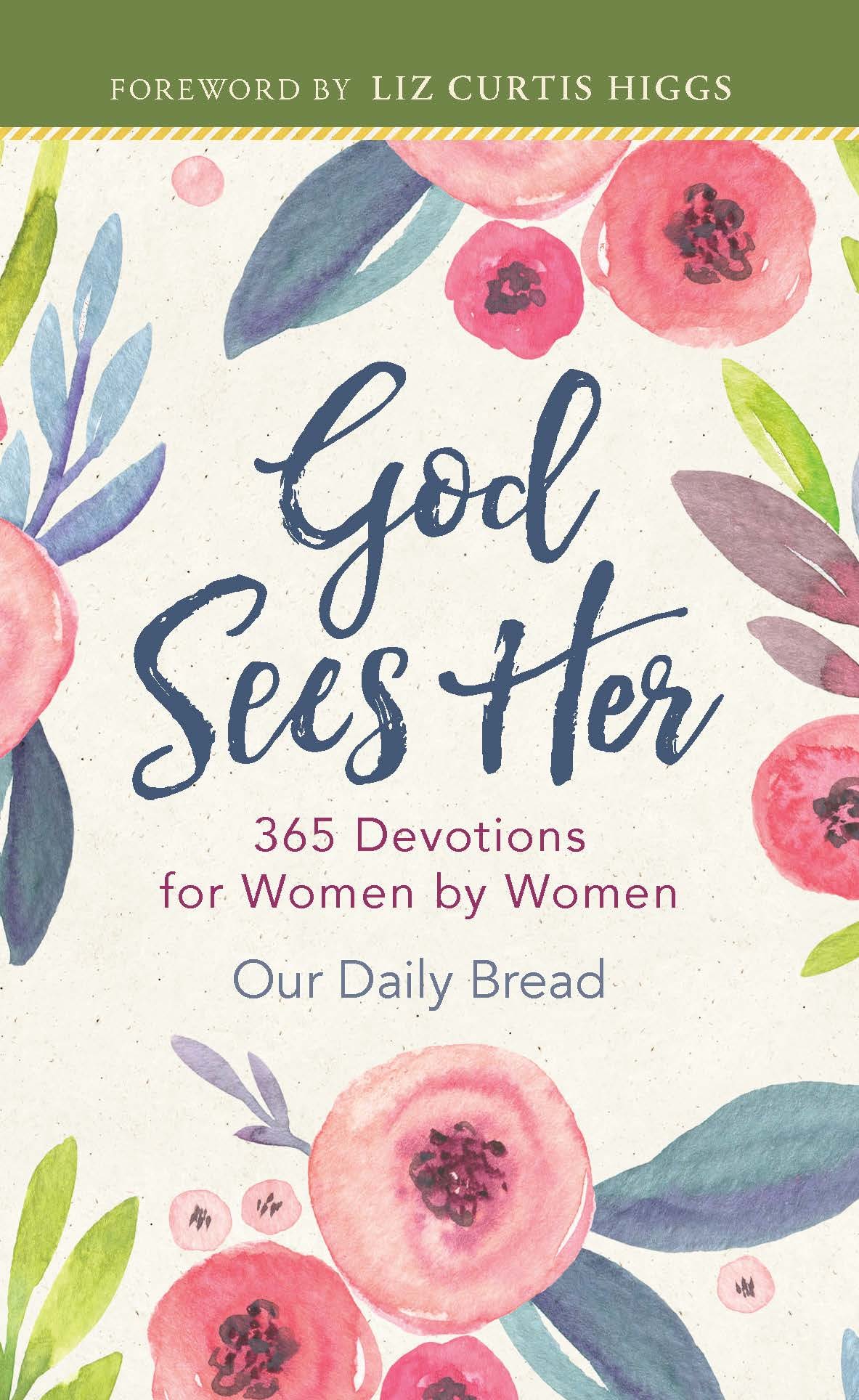“Alright everyone, we’re going to start off with a little get-to-know-you question. Let’s go around the circle and say what actor you’d want to play you in a movie about your life. Stephanie, you want to go first?”
I felt my body’s immediate betrayal as my heartrate increased rapidly and redness began to spread across my cheeks. Why did the name of every famous actress disappear from my memory? Beyond that, what did this have to do with being a part of a small group when I thought we were just going to talk about the Bible?
My husband and I had just started going to a new church after being a part of a megachurch in our town for many years. We were used to being surrounded by people all of the time as we served in numerous capacities over the course of our time there. We had both been part-time staff at the church in various seasons, we were volunteer worship leaders, and there were hundreds of people who knew our names.
So why did it feel so scary to share a silly anecdote about myself while in a circle of only fourteen people?
Perhaps you’ve experienced this feeling before, too. Maybe you’re a fellow introvert who’s plagued with countless memories of awkward moments from social situations. Somehow, being one of many in a large crowd can feel much less intimidating than having the undivided attention of a handful of people.
After blurting out the first actress that finally came to my head and regretting everything that I said as the rest of the group shared their choices, the conversation shifted. I wasn’t sure what to expect since this was our first time in a small group gathering, but I was immediately taken aback as the vulnerability flowed effortlessly from the couples who shared one after the other:
“Honestly, we didn’t even want to come tonight. We got in a stupid fight and were about two seconds away from turning around.”
“We’d love your prayers. I’m really struggling with how long we’ve been trying to have a baby and feel like God just doesn’t care.”
“My anxiety has been really intense lately, and I feel really helpless.”
I recognized quickly what a sacred space we had been invited into. This was nothing like anything I had ever experienced before, and yet I knew it was something that I didn’t even know I had been desperately needing: authentic, messy, community.
It was like I had been severely dehydrated for years and didn’t even realize it until I came to a fresh spring of water. Those awkward first moments of icebreakers and getting to know the group quickly turned into inside jokes and spiritual growth. I finally saw that, even though I had previously been surrounded by droves of people at our last church, I had been more lonely than ever.
They knew my name, but no one really knew me.
Designed for Relationship
Here’s the thing . . . that longing in our hearts for deep connection isn’t random. God, from the outset of creation, designed us for relationship—not just with Him, but with each other. When we read in Genesis about the intimate relationship Adam had with God, it’s important to remember that even in the perfection of the garden, God said, “It is not good for the man to be alone” (Genesis 2:18).
According to a Gallup study in 2024, an estimated 52 million people in the U.S. are struggling with loneliness. It’s been such a widespread problem that the Surgeon General actually declared a loneliness epidemic in 2023, even as we appear to be more “connected” to each other than ever before.
There’s a reason God designed us to desire to be known. Community has actually been found to have profound healing power. I have felt it in my own life, but studies as well have shown that when we are in a supportive, healthy community, our mental, emotional, and even physical well-being improves. The simple act of connecting with others can decrease stress, reduce the effects of loneliness, and promote overall health.
Just like with most things we know are good for us, community isn’t easy. It requires vulnerability, patience, and a willingness to push through discomfort. When we open our hearts to others, we expose ourselves to the risk of rejection, misunderstanding, and conflict. But there’s something redemptive about pushing through these tensions. It’s in the struggle that we grow, learning to love as Christ does: sacrificially and with grace.
When we move past surface-level interactions and truly share our lives with one another, something pretty amazing happens. The barriers of self-protection crumble, and we experience a taste of what God intended in the Garden of Eden—a deep, authentic connection that mirrors His love for us.
The beauty of this kind of community isn’t about perfection but about being fully known and loved in spite of our flaws. Just like gold, this beauty is often forged through difficulty. Disagreements, misunderstandings, and relational tension are inevitable. But as we work through these moments, we see glimpses of Heaven.
What does the Bible say about Community?
The importance of community is also backed up all throughout scripture. In the Old Testament, we hear King Solomon’s wisdom on the topic in Proverbs when he says, “As iron sharpens iron, so one person sharpens another” (27:17). He adds to it in Ecclesiastes 4:9–10 when he explains, “Two are better than one, because they have a good return for their labor: if either of them falls down, one can help the other up. But pity anyone who falls and has no one to help them up.”
In the New Testament, we see examples of the early church modeling community in beautiful ways as they devoted themselves to each other (Acts 2:42–47). The apostle Paul goes on to encourage the believers to “carry each other’s burdens” (Galatians 6:2) and to “encourage one another and build each other up” (1 Thessalonians 5:11).
One of my favorite references to community comes from the author of Hebrews, who says, “And let us consider how we may spur one another on toward love and good deeds, not giving up meeting together, as some are in the habit of doing, but encouraging one another—and all the more as you see the Day approaching” (10:24–25). That’s the kind of community I want to pursue for the rest of my life. It’s not superficial, it’s not withholding, and it’s not about chemistry; it’s about our calling to live in the fullness of God that He has laid out for us since the beginning of time.
If you want to experience this in your own life, here are some practical steps you can take to cultivate community:
- Be intentional. Actively participate in church activities, small groups, or other community events that build relationships. Make sure to be consistent and check in regularly to strengthen those relationships.
- Be vulnerable. Share personal stories and struggles to foster deeper connections and mutual support.
- Serve together. Engage in acts of service within your church or a local ministry. It not only reflects Christ’s love to others, but it also builds bonds through sharing a purpose.
- Pray regularly. Pray for and with others, inviting God into the heart of your relationships.
—Written by Stephanie Teague. Used by permission from the author.







One Response
Great article and very true. Deep, authentic relationships are much better than superficial ones.